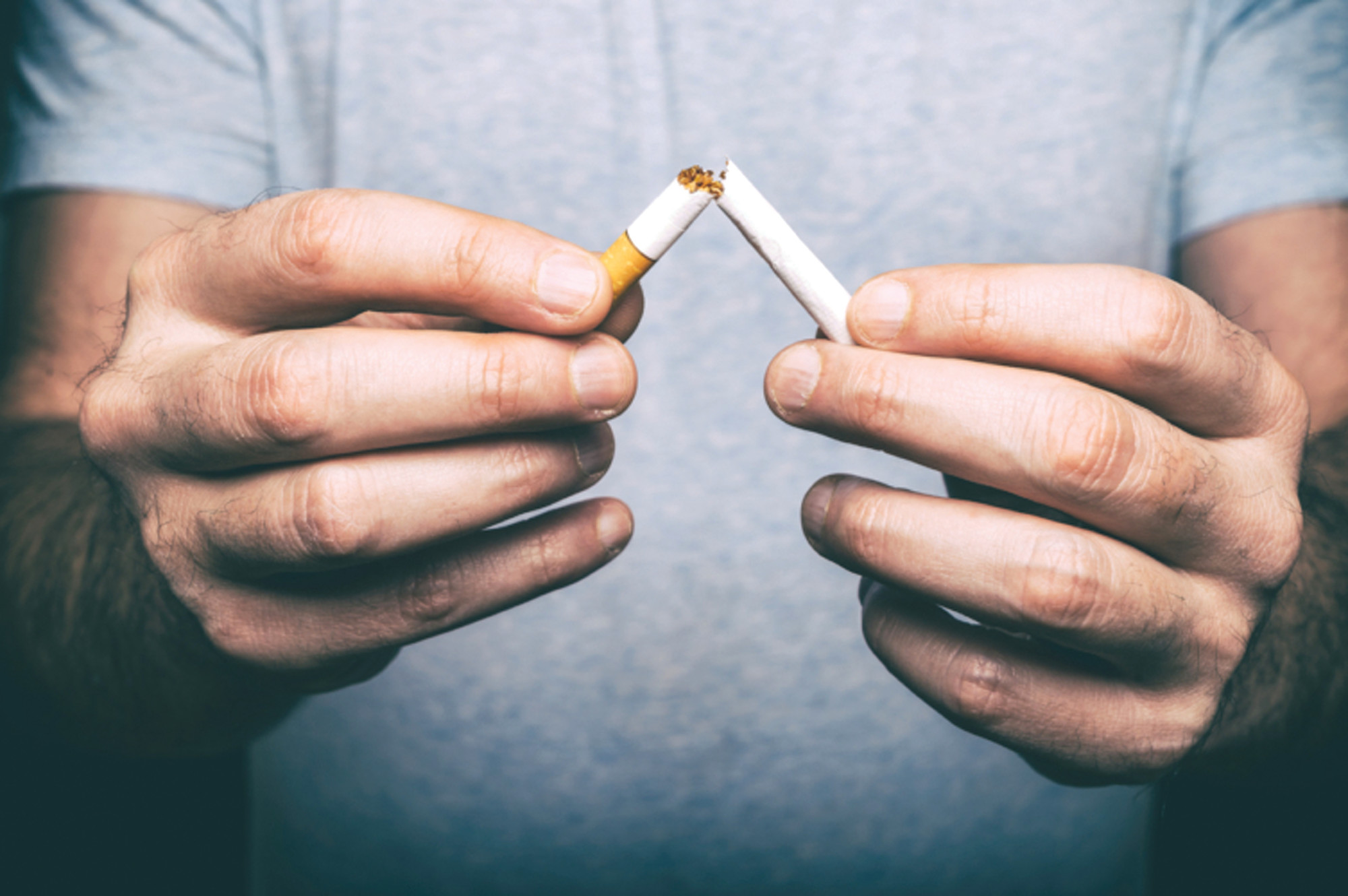HUD: Public housing must become smoke-free by July 31
The U.S. Department of Housing and Urban Development has given state Public Housing Authorities until July 31 to become smoke-free.
According to a news release from the S.C. Tobacco-Free Collaborative, a statewide assembly of leading health organizations, community coalitions and businesses committed to eliminating the toll of tobacco use in South Carolina, nearly 30,000 public housing residents in the state will be protected from the dangers of secondhand smoke because of this ruling. Secondhand smoke harms non-smokers when it seeps from unit to unit through cracks, crevices, plumbing, ventilation systems, doors and windows.
HUD is requiring PHAs to ban the use of lit tobacco products in all public housing living units, indoor common areas and PHA office buildings. Outdoor areas up to 25 feet from housing and office buildings must also be included.
According to the U.S. Surgeon General, 2.5 million non-smokers have died from tobacco-related illnesses caused by exposure to secondhand smoke over the last 50 years. A 2012 study showed that an estimated 210,000 non-smoking S.C. public housing residents were exposed to secondhand smoke in their living space.
Children, seniors, people with disabilities and those with low income are among residents most likely to suffer from secondhand smoke exposure. There are 70 known carcinogens in cigarette smoke. Levels of some of these chemicals have increased as manufacturing processes have changed. Secondhand smoke exposure can cause heart attacks, lung cancer and make asthma worse. Exposure to secondhand smoke is also associated with Sudden Infant Death Syndrome as well as strokes in non-smokers.
"Secondhand smoke exposure can cause serious health problems. Many residents of public housing have limited resources, making it difficult for them to get treatment for illnesses caused by secondhand smoke or to quit smoking," said SC Tobacco-Free Collaborative Executive Director Megan Hicks in the news release.
While HUD's new smoke-free rule takes an important step toward reducing secondhand smoke exposure, residents of many apartment complexes in the state, not under the purview of HUD, are still at risk. To lower the risk of exposure to residents, property owners should consider smoke-free policies to protect resident health and well-being, as well as their own property from smoke and fire damage. Smoke-free policies can also lower maintenance costs.
For property owners who are interested in transitioning their property to smoke-free, the American Lung Association offers general guidelines and tips.
For residents who want to stop smoking, free help to is available 24/7 through the state's tobacco Quitline. Tobacco users can call 1-800-QUIT-NOW (1-800-784-8669) or visit www.QuitNow.net for more information. Callers can receive help from certified professionals and may be eligible for free nicotine replacement therapies (e.g. nicotine patch, lozenge or gum).
More Articles to Read

